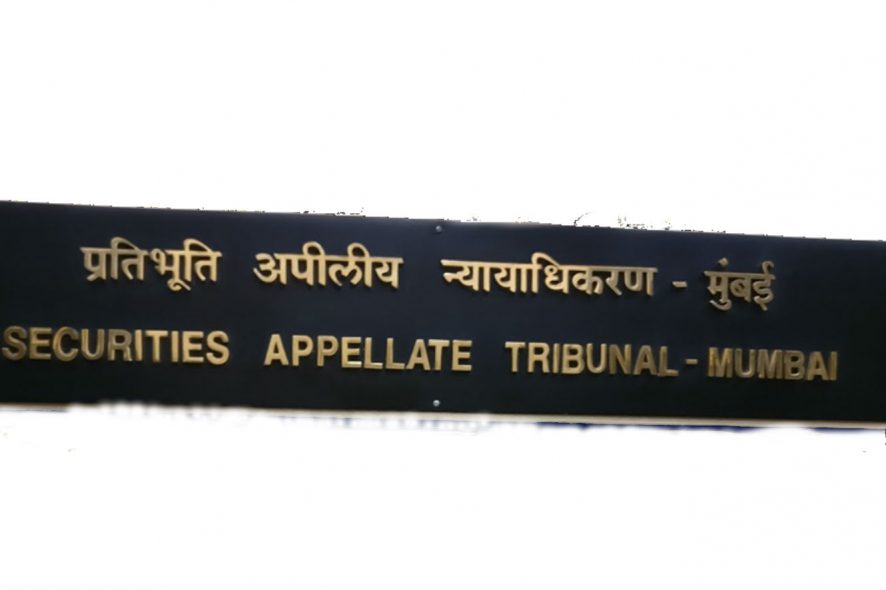Securities Appellate Tribunal (SAT): A Division Bench of Justice Tarun Agarwala, (Presiding Officer) and Dr C. K. G. Nair (Member), affirmed the order passed by BSE, where they held that the forfeiture of shares made by the appellant-Company was not in accordance with the provisions of the Articles of Association of the Company.
The appellant entered into a Business Transfer Agreement (BTA) with Primus Retail Private Limited wherein they agreed to transfer their business undertaking including the assets and liabilities as well as the trademarks and licenses to the appellant for a total consideration of Rs 100 crore. However, Primus failed to perform its obligation under the BTA and the creditors of Primus filed a Company Petition before the High Court of Karnataka. The High Court passed an order of winding up and appointed an Official Liquidator. The appellant too intimated Primus that the BTA had been rendered void and they forfeited the shares allotted to them and further directed to reissue them to other parties in due course subject to statutory approvals and compliances. Based on this resolution the appellant had filed an application before the BSE for recognizing the forfeiture of the shares by the appellant-Company.
However, BSE stated that there was no request received from the Official Liquidator with regard to the cancellation of shares or if the Official Liquidator was aware of the forfeiture of the shares and the subsequent application made by the appellant to BSE at all. BSE informed that the delisting cannot be done through forfeiture of the shares and can only be done in accordance with the Companies Act. There was also no provision in the BTA for forfeiture of shares allotted to Primus on account of non-performance of the obligation by Primus, but the Articles of Association of the appellant-Company provided for forfeiture of the shares subject to certain compliances.
The Court referred to Clause 29, 30 and 31 of Schedule I of Table A of the Companies Act and held that a notice is required to be given to the shareholder giving them an opportunity for payment of the call money. Thus, before any forfeiture can be made an appropriate service of notice is a condition precedent to be fulfilled. Therefore, if there is any, irregularity either in the contents of the notice or in the service of notice as required under Clause (30) the same would be fatal to the validity to the forfeiture. The Supreme Court in Public Passenger Service Ltd. v. M.A. Khadar (1967) 36 Comp Cas 1 had held that a defective notice of forfeiture of shares renders the subsequent forfeiture invalid. Further, there was nothing to indicate that due notice was given to Primus or to the Official Liquidator before the resolution was passed by the Board of Directors of the appellant-Company. Once shares were allotted and registered in the name of Primus, the appellant-Company had no power to forfeit the shares on the ground of failure of consideration. Therefore, there was no infirmity in the order passed by the BSE.[Madhusudan Securities Ltd. v BSE Ltd., 2019 SCC OnLine SAT 166, decided on 09-09-2019]







